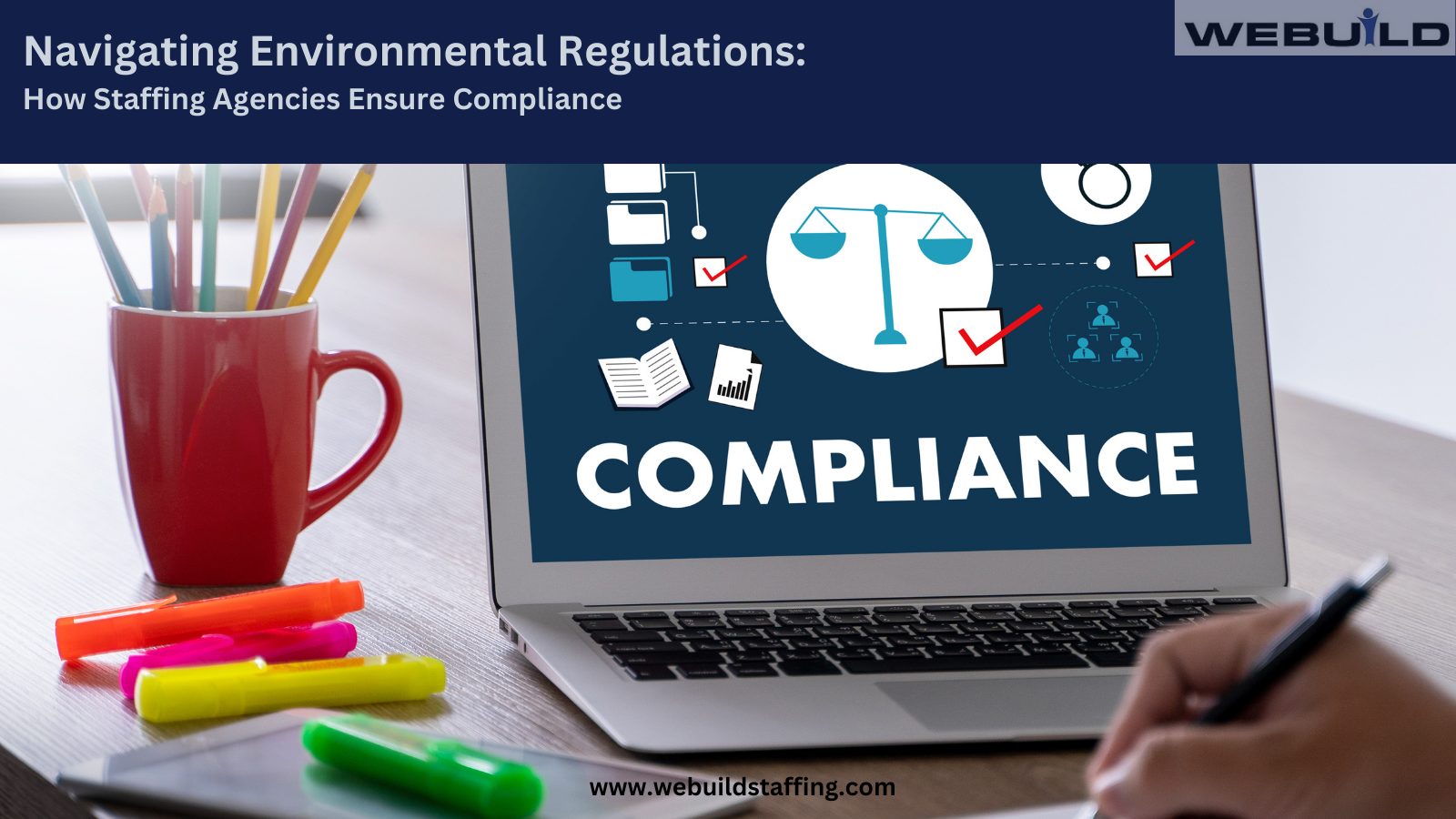Engineering Staffing: A Guide to Talent Acquisition in the Engineering Sector
WEBUILD STAFFING BLOG |
Engineering Staffing: A Guide to Talent Acquisition in the Engineering Sector

Engineering staffing is a specialized recruitment service that focuses on sourcing, vetting, and placing qualified engineering professionals in temporary, contract, or permanent positions within various industries. In today’s competitive job market, companies often turn to engineering staffing agencies to find top talent with the technical expertise and skills needed to drive innovation, solve complex problems, and deliver successful engineering projects. In this comprehensive post, we’ll explore the intricacies of engineering staffing, including its benefits, processes, challenges, and the evolving landscape of talent acquisition in the engineering sector.
Understanding Engineering Staffing:
Engineering staffing involves the strategic sourcing, screening, and placement of engineering professionals across a wide range of disciplines, including civil, mechanical, electrical, software, and aerospace engineering, among others. Engineering staffing agencies act as intermediaries between employers seeking engineering talent and candidates looking for career opportunities, facilitating the matching process and ensuring a successful fit between job requirements and candidate qualifications.
The Benefits of Engineering Staffing:
Engineering staffing offers numerous benefits for both employers and job seekers. Some of the key advantages of engineering staffing include:
-
Access to Top Talent: Engineering staffing agencies have extensive networks and resources for sourcing top engineering talent, enabling employers to access a diverse pool of candidates with the skills and experience needed for their specific requirements.
-
Flexibility: Engineering staffing provides employers with flexibility in staffing levels and resource allocation, allowing them to scale their engineering teams up or down as needed to meet project deadlines, address workload fluctuations, or respond to market demands.
-
Cost Savings: Engineering staffing can be a cost-effective solution for employers, as it eliminates the need for in-house recruiting efforts, reduces time-to-hire, and minimizes overhead costs associated with employee benefits, training, and retention.
-
Career Opportunities: For job seekers, engineering staffing provides access to a wide range of career opportunities, including temporary, contract, and permanent positions, as well as opportunities for skill development, networking, and career advancement.
The Engineering Staffing Process:
The engineering staffing process typically involves several key steps, including:
-
Needs Assessment: Engineering staffing agencies work closely with employers to understand their hiring needs, including project requirements, technical skills, experience levels, and cultural fit considerations.
-
Candidate Sourcing: Engineering staffing agencies leverage various sourcing strategies, including job boards, social media, networking events, and referrals, to identify and attract qualified engineering candidates.
-
Screening and Assessment: Engineering staffing agencies conduct thorough screening and assessment of candidates, including reviewing resumes, conducting interviews, assessing technical skills and competencies, and verifying credentials and references.
-
Matching and Placement: Once candidates have been vetted and qualified, engineering staffing agencies match them with suitable job opportunities based on their skills, experience, and career goals, facilitating the placement process and negotiating terms of employment.
-
Onboarding and Support: Engineering staffing agencies provide support to both employers and candidates throughout the onboarding process, ensuring a smooth transition and successful integration into the work environment.
Challenges and Considerations:
While engineering staffing offers many benefits, it also presents challenges and considerations for employers and job seekers alike. Some of the key challenges of engineering staffing include:
-
Talent Shortages: The engineering sector faces ongoing talent shortages and skill gaps, particularly in specialized fields such as software engineering, data science, and cybersecurity, posing challenges for employers seeking to fill critical roles.
-
Competition for Talent: Engineering staffing agencies must compete with other employers and staffing firms to attract and retain top engineering talent, requiring innovative strategies for talent acquisition, retention, and engagement.
-
Technological Disruption: The engineering sector is undergoing rapid technological disruption, with advancements in automation, artificial intelligence, and digitalization reshaping traditional job roles and skill requirements, necessitating ongoing upskilling and adaptation for both employers and job seekers.
-
Diversity and Inclusion: Engineering staffing agencies must prioritize diversity and inclusion in their recruitment efforts, ensuring equal opportunities for candidates from diverse backgrounds and underrepresented groups in the engineering profession.
The Future of Engineering Staffing:
Looking ahead, the future of engineering staffing is likely to be shaped by emerging trends and developments in the engineering sector, including:
-
Remote Work: The shift towards remote work and distributed teams is likely to continue, providing opportunities for engineering staffing agencies to source and place talent from anywhere in the world.
-
Skills-Based Hiring: Employers are increasingly focusing on skills-based hiring, prioritizing candidates’ technical skills, competencies, and potential over traditional credentials or degrees, creating opportunities for candidates with non-traditional backgrounds to enter the engineering profession.
-
Gig Economy: The rise of the gig economy and freelance work is influencing how engineering talent is sourced and engaged, with more engineers opting for flexible, project-based work arrangements rather than traditional full-time employment.
-
Artificial Intelligence: Artificial intelligence and automation are expected to play a growing role in engineering staffing, with AI-powered tools and platforms streamlining candidate sourcing, screening, and matching processes, and enabling more data-driven decision-making in talent acquisition.
Engineering staffing plays a vital role in connecting employers with top engineering talent and facilitating successful workforce outcomes in the engineering sector. By leveraging the benefits of engineering staffing, including access to top talent, flexibility, and cost savings, employers can gain a competitive edge in the market and achieve their business objectives. Likewise, job seekers can benefit from engineering staffing by accessing a wide range of career opportunities, expanding their professional networks, and advancing their careers in the dynamic and evolving field of engineering. As the engineering sector continues to evolve, engineering staffing will remain a critical enabler of talent acquisition and workforce management, driving innovation, growth, and success for employers and job seekers alike.
Webuild Staffing Agency is a leading executive search and staffing agency dedicated to the construction, engineering and environmental industries. To learn more please visit: www.webuildstaffing.com










